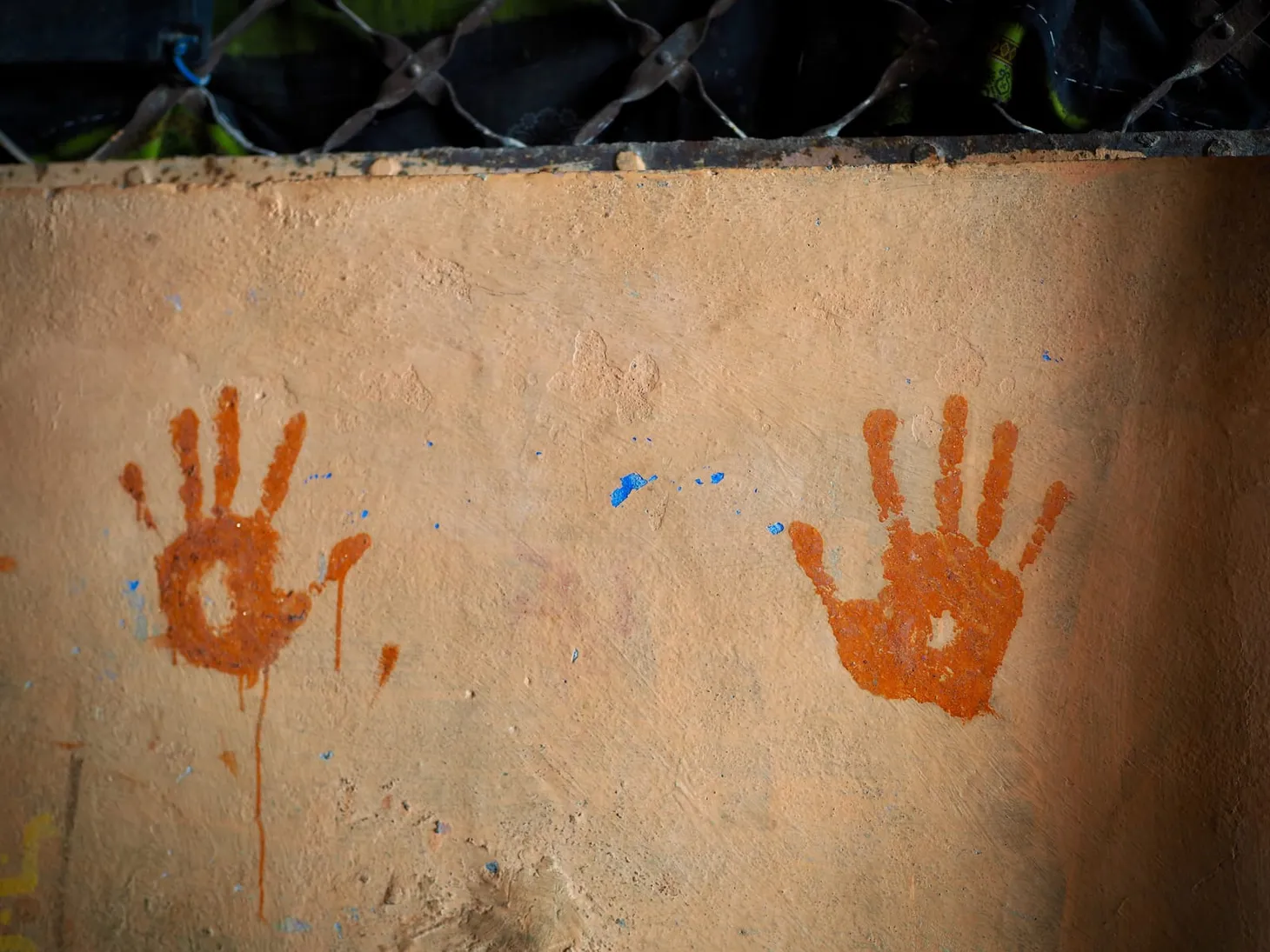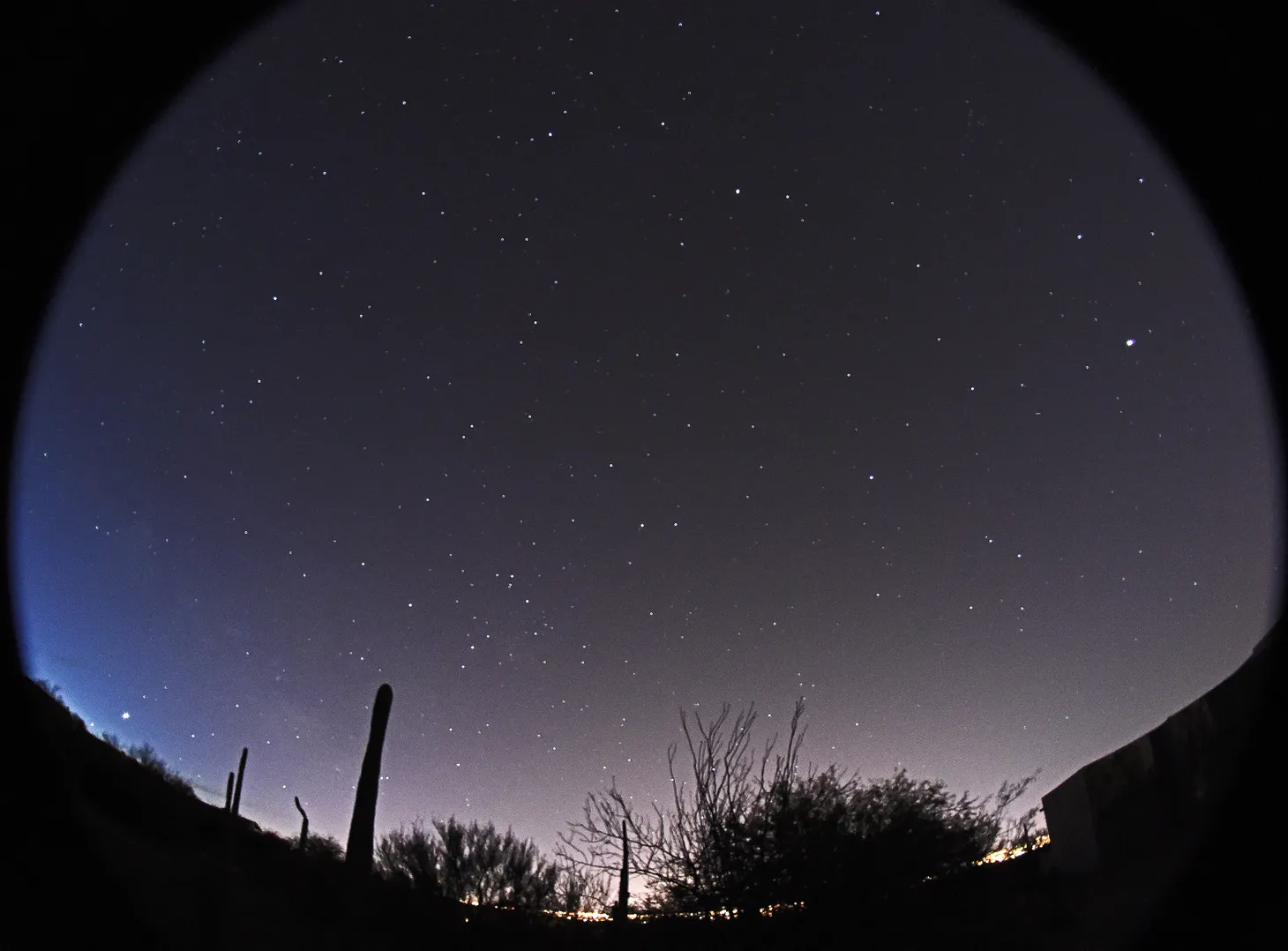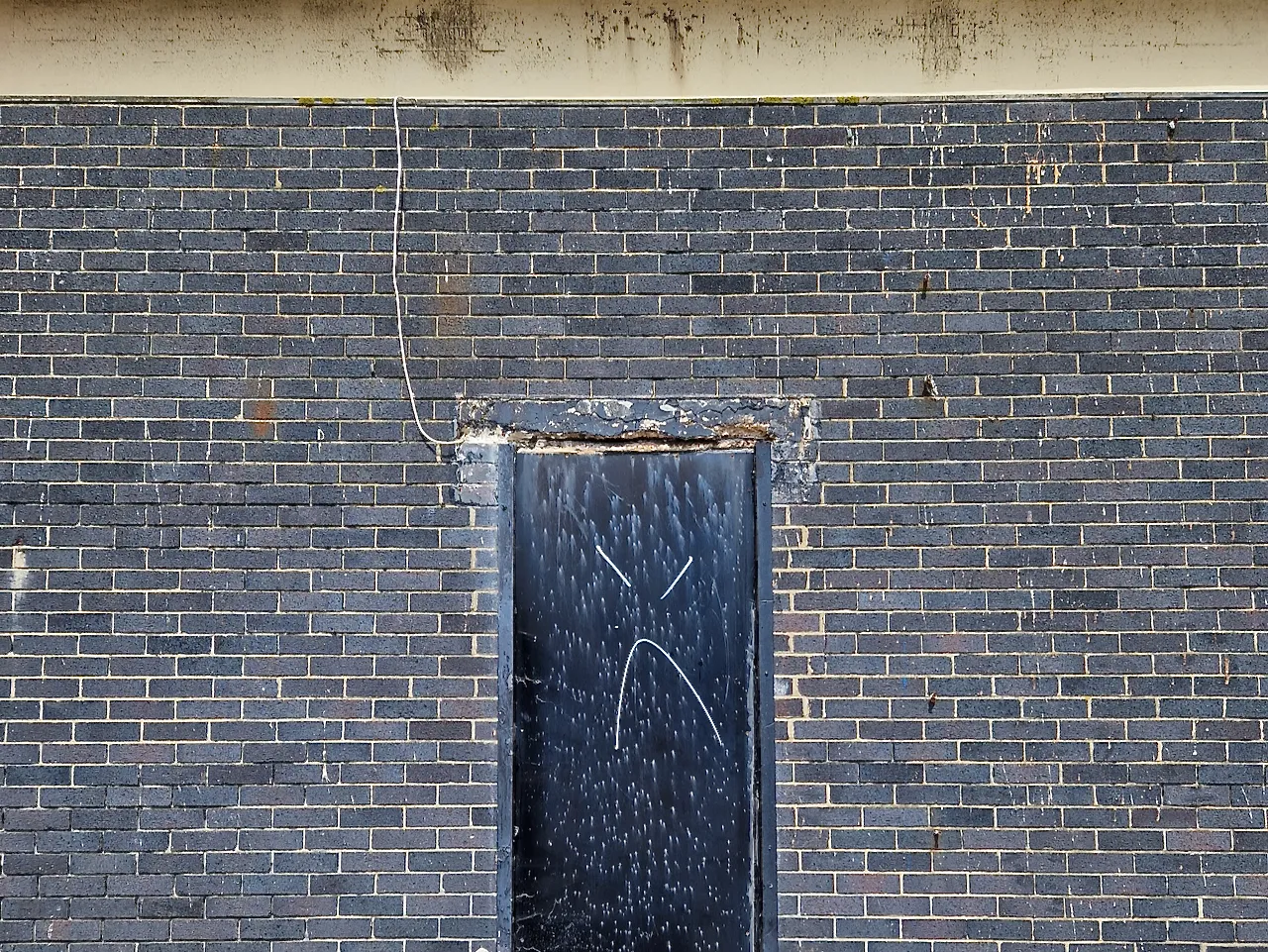What Reading Does To Our Attention
The word "spell" has a telling double meaning: both to arrange letters, and to cast magic. When we read, it's amazing how we can hear distant or even dead human voices telling us things, but at what cost?

Hi, it's Menka here with another Just Looking Letter. Your monthly nudge to slow down and notice more of this wild moment we call life.
This time we're exploring the impact that being literate has on our attention. Then some links into rabbit holes you might enjoy. And right at the end, I have an exciting update to share about the "Friends of Just Looking".
About Reading
My son has just started learning to read. It's all smiles and stars when he recognises the funny shape of a letter or digit. And I should be happy. Reading is incredible. But there's a part of me that feels sad he's now entering into a world in which words will speak to him, whether he likes it or not. Obviously, I come to this view from a place of privilege, because I can read and write, and so can you, which is what makes this conversation possible. But hear me out.
Writing as an attention grabber
If you can read, you can't help but read. Once you're fluent, it becomes an automatic process. Automagical even. Suddenly there are voices everywhere talking to you. When you walk down a street, you don't just see colours, shapes and objects, you also see brands, information, and instructions. The world gets much louder, and your attention is more easily captured.
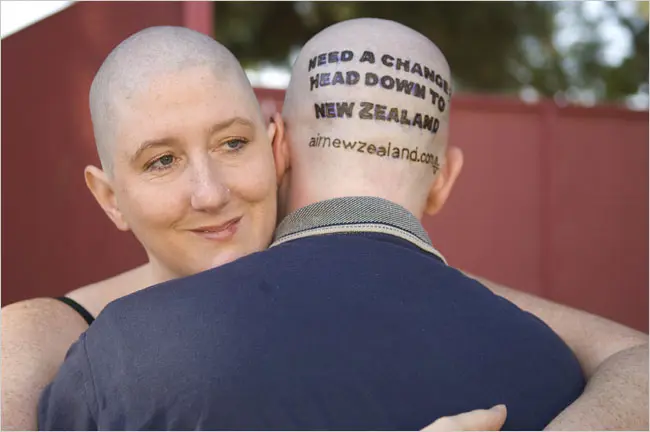
The ecologist and philosopher David Abram has raised my awareness about how much the written word has a magical effect on me. The word "spell" already has that double meaning: both to cast magic into the world, and to arrange the letters. Abrams suggests that in the early days, these two meanings were the same because when we learn to read, we cast a spell upon our own senses. The writing doesn't force us to do anything, but it powerfully guides our attention.
The technology ethicist Michael Sacasas has a similar take on how compelling words are. He reminds us that human beings have always lived in information-rich environments, but the nature of information matters.
Modern technological environments present us with an abundance of symbolically encoded information, which is often designed with a view to hijacking or soliciting our attention. Which is to say that our media environments aggressively beckon us in a way that an oak tree does not. The difference might be worth contemplating.
When we go hiking in the woods, there's plenty to notice but our attention feels in our own control more easily. We can direct it, we're in charge. In comparison walking in a shopping center can feel overwhelming because we encounter so much media designed to capture our attention. There are voices calling out to us, sometimes even shouting, and with the rise of personalised marketing and augmented reality, it's only going to get worse (which I've written about here).
Writing as neglecting other voices
Words, even at their best, are always human. The voice that we experience when we read is a human voice, speaking in human words, about things that matter to humans. In some ways, this is nothing new. Before writing-and-reading, there was talking-and-listening. We are social creatures, and our instinct is to lean in when our fellow humans share information.
But there's an opportunity cost with everything we give our attention to. While listening with full concentration to a human voice, we miss out on hearing the birdsong in the background at that moment. We miss out on hearing our own thoughts. Or the song in our hearts. Or the silence. Reading is just the same, but perhaps more intense because it competes for our attention on the visual level.
As we move towards an ever more human-centric world, the metaverse is a sign of how limited our bubbles are becoming. Even pets will be man-made in the metaverse (which I've written about here). Below Abram talks about the other voices that used to fill the lives of our ancestors more vividly than ours, partly because they didn't wake up and read the news. They heard voices from the rest of the world, the "more-than-human" world, to use the useful term he's coined.
For our Indigenous ancestors, one could be wandering through the terrain and have one’s attention snagged by a boulder with patches of crinkly black and red lichen spreading on their surface, and you would focus your eyes on a patch of lichen and abruptly hear the rock speaking to you.
- David Abram
Writing as a portal to a richer world
Given the influence that words have on us literate folk, perhaps we must now turn to them to help us see more, to discover more. When I read about lichen I become more likely to notice them the next time I pass a spotty red rock. The Greek have two different words for the colour blue, so their children must grow up seeing more nuance in the shades of blue. The Scottish have so many, many different words for mountain peaks; they see diversity there that the rest of us don't.
Words have a "huge vivifying power for the eye", says nature writer Robert Macfarlane. And his book Landmarks is brimming with great examples of words that once you know, change how you see the world.
"If you go down to Sussex, you’ll find that a hole in the base of a hedgerow left by the movement of an animal is called a smeuse. This word [is] an example of how learning a word sharpens the eye and changes the vision. And I’ve had so many letters and emails from people saying, “Gosh, since I’ve known that word, I just see those little holes that creatures make everywhere, in the fences, in the hedgerows.”"
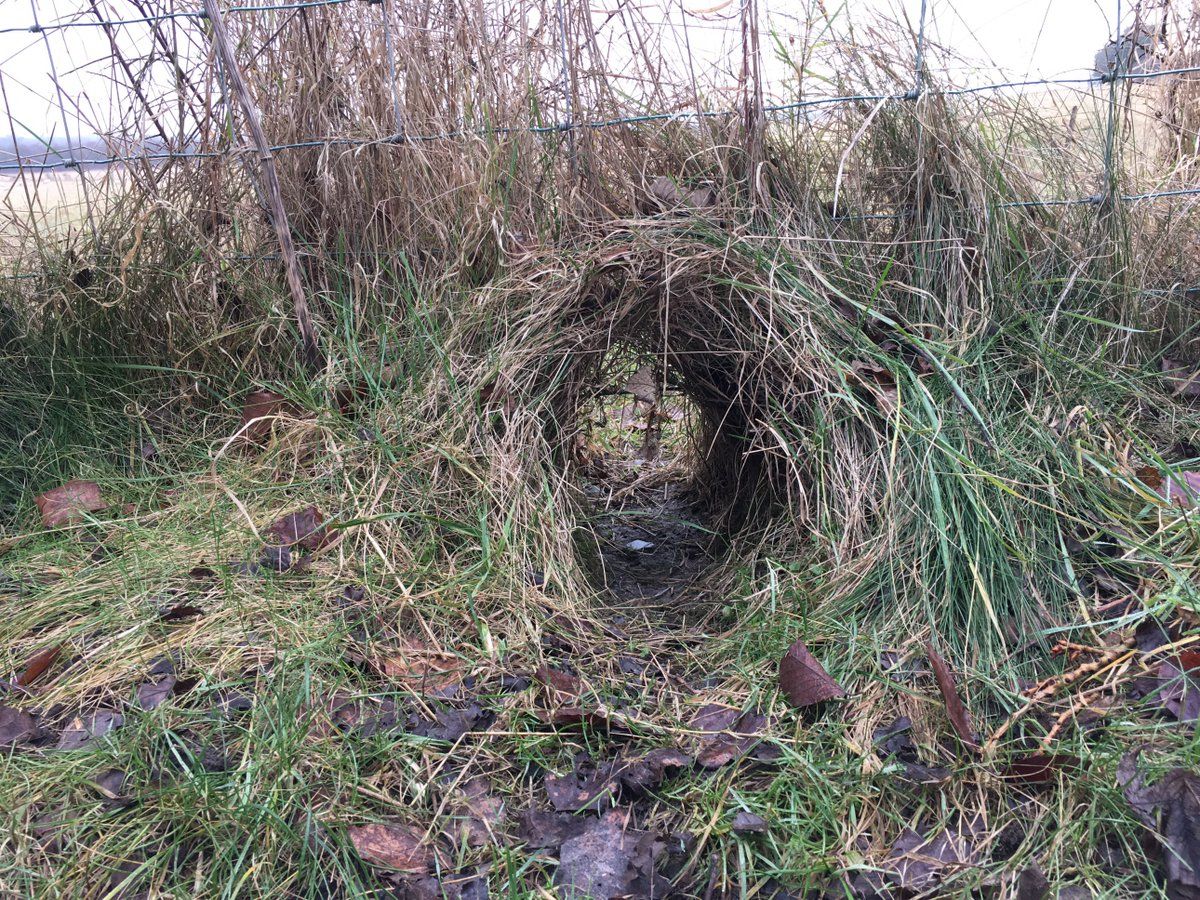
MacFarlane's recent book The Lost Spells is for children to learn spells that reconnect them with the living world while learning to actually spell out words such as a-c-o-r-n. It's hard to explain, you'll have to get the book. And this is me talking myself out of feeling glum about, errr, my son learning to read (I know!).
It's a choice what words we learn to spell, what sights we look at, and what parts of our human experience we tune into. Perhaps the more literate we become, the more we need to hone that capacity to choose.
Looking Exercise
Let a word cast its spell on you
Find out the name of a local animal or plant that you're unfamiliar with. (Just google "Local plant species" or something like that.) And then once you've learned the name, perhaps the origin of the word, and what the thing looks like, go out into the world and check if this new bit of literacy has done anything to what you see.

Send me a photo if you like and I will include some of them in the next Letter. Or share it on the community's Instagram by using the #wearejustlooking.
Links about Looking
Small Winged Creatures In Flight [Watch]
Yep, I'm talking insects. Such a beautiful slow-motion film.
On this note: if any of you are wildlife photographers, the Natural History Museum's Wildlife Photographer of the Year is back for the 59th time, and entries are open until December 8th. Check out this ball of bees that won last year!
How Hearing Loss Might Change What We See [See]
We've probably all come across the idea that when one sense is lost, the other senses get stronger to make up for it. Here's one photographer's personal experience of that - and sublime photos.
On the Theme of "Empty Spaces" [See]
The BBC sets a photography theme, and people respond. (Thanks to Sam Patel for this, I didn't know that the BBC did this.)
How To Walk Across A Parking Lot [Read]
An amusing and poignant (such a good combination of qualities) thought experiment by the writer, David Cain. "As always, you’re in a china shop, so be gentle" is my favourite line.
An Interview with Great Photographer William Klein [Watch]
He died a few weeks ago, and this has resurfaced some of his greatest work. In this interview with Tate Modern, we get to see the man behind the images. He also mentions the Robert Capas mantra: "If your pictures are not good enough, you're not close enough" which I love. (Thanks to Andy Adam's excellent new photography newsletter.)

Friends of Just Looking update:
Last year I tentatively set up Friends of Just Looking. It's slowly grown into a small group whose generosity supports this project with a monthly or annual fee. (To be honest, it's amazing that any of you signed up, and I don't take that for granted!).
Of course, a project like this doesn't live on an island. It is part of a shifting culture, a modern mindfulness movement. One that is evolving from the simplistic (and a tiny bit patronising?) instruction to Be! Here! Now! to more nuanced efforts to go deeper into what that means, and what it takes, in different settings.
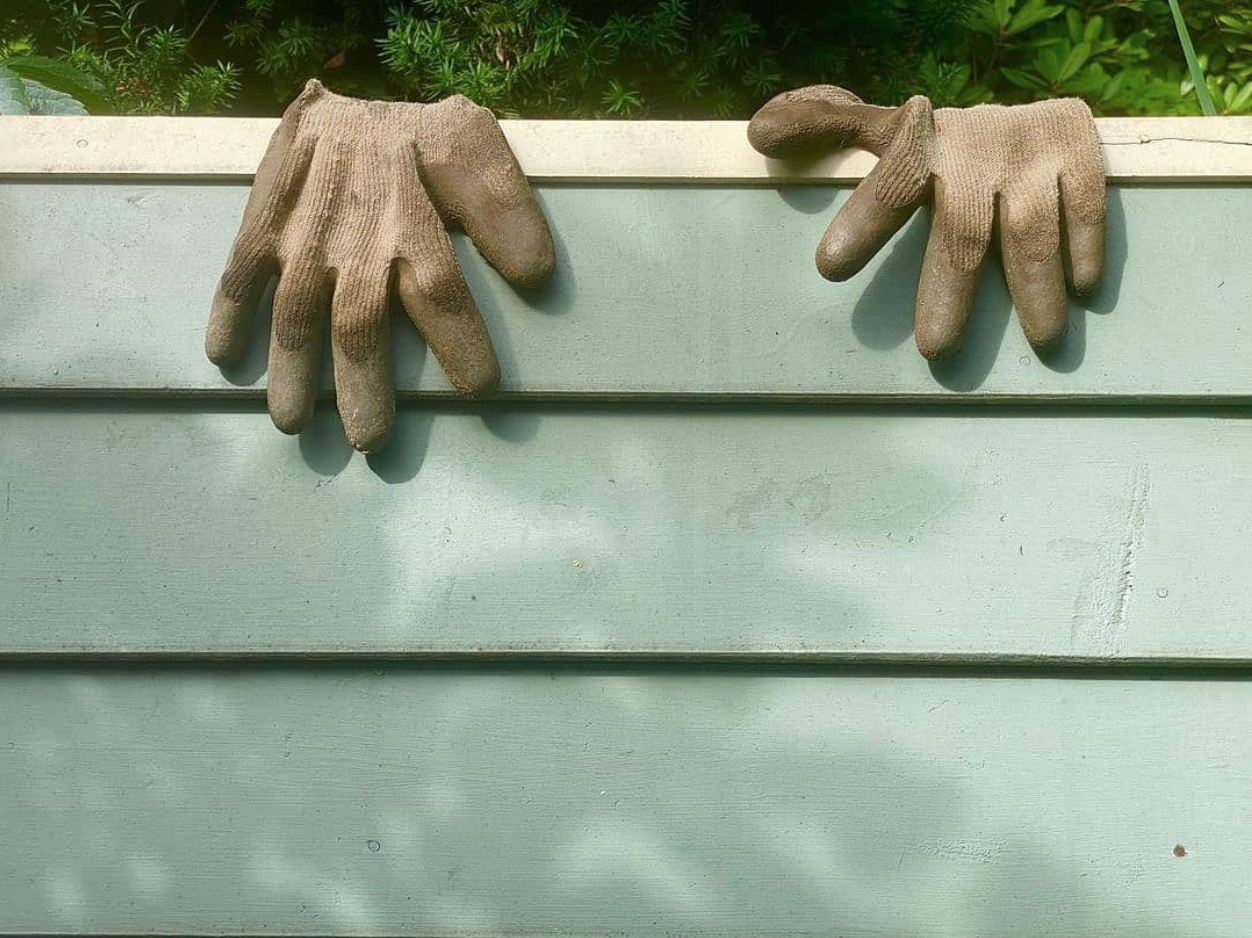
Recently I was invited to be the chair of the judges for the world's first Innovations in Mindfulness Awards. I was impressed by the creativity of pioneering charities, social enterprises, and artists in reaching their audiences. One project, for example, combines boxing with mindfulness (spoiler: they were the winners).
I think Friends of Just Looking could help out with projects like these. Even if just a little. As an experiment, I put aside some funds from the Friends pot (I decided to go with 50%) to give to a great initiative that works with school teachers. Another donor then added to our pledge, making it go much further!
Will this be a one-off or is it sustainable? I'm not sure yet, but I hope that we can do this at least once a year. There's a Friends' 'Team Meeting' coming up in December (members will get a separate zoom invite) where I'll be curious to hear what others think of this pay-it-forward / co-funding model.
The BEST bit: the first project we have collectively supported is using our funds to train 5 teachers in primary schools in disadvantaged areas to share mindfulness practices with around 600 children! That's a lot of bright eyes looking at the world, and at themselves, with a little more care and curiosity.
I love this definition of mindfulness too: "Being alive, and knowing it."
Thank you, as ever, for your attention. You're welcome to reply with thoughts or images (although I'm off to a meditation retreat soon and so it may take a while for me to respond).
Yours in looking up, down, and all around,
Menka
For more:
Just Looking Website
Just Looking Instagram
Noticing – Our Newsletter
Join our newsletter community for monthly inspiration to slow down and stay curious about everyday life and what matters most to you.


